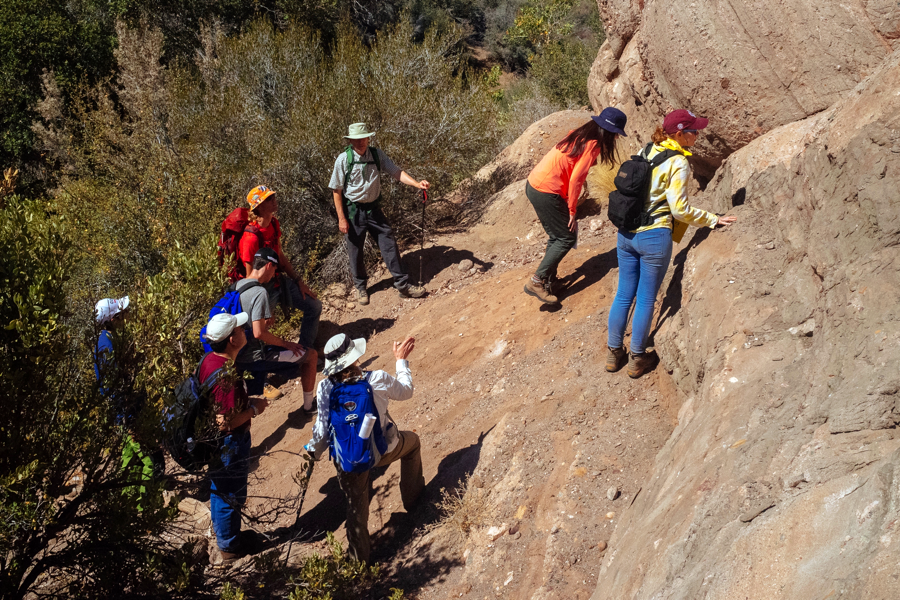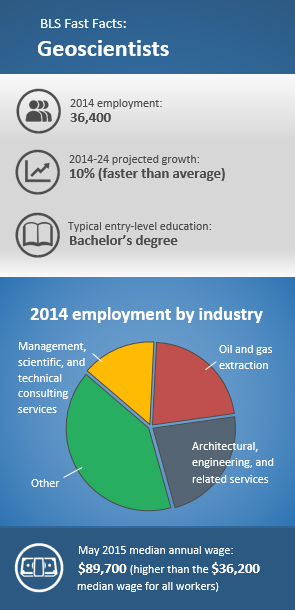All Categories
Featured
Table of Contents
What Does A Geophysicist Do? Role & Responsibilities in Kelmscott Aus 2020
This work is progressively contracted out, so consultancies offer another source of work. Consultancy firms vary in size, from really little business to big multinationals. Some consultancies are rather specialised in using specific geophysical strategies or operating in particular locations, while others offer a more varied range of services to their customers.
The extraction of gas from garbage dump sites is another area of work and this may grow in the future. Expedition business might carry out work for construction firms, water business, mining companies and ecological agencies, so geophysicists may be used in any of these settings. Other companies consist of: geological surveysgovernment bodies and agenciesuniversities and research study institutes.


Jobs may be noted in the oil and gas sector press. Recruitment is impacted by oil cost changes and the level of competition for positions differs depending upon this. Professions Days, which cover the complete variety of geoscience professions and are typically gone to by a number of essential market employers, are run by The Geological Society.
How To Become A Geologist Or Geophysicist in Success Oz 2020
Some of the large oil and gas business use a complete two-year structured training program throughout the breadth of geophysics, including the opportunity to experience operate in different groups before specialising in one area. Your training may consist of work on: existing wellsmagnetic and gravitational possible field data analysisresearchrock analysis. It's more typical for your preliminary training to be provided on the job.

There might be a probationary duration throughout which you work alongside a skilled associate. Competency-based appraisals take place regularly in the majority of companies. In smaller firms, and for scholastic posts, there is not likely to be any official training - you'll be anticipated to start work straightaway and pick up skills as you go along.
If you work for a smaller sized business, you might find that you need to take responsibility for arranging and funding your own development and training. If you have a geology degree, subscription of The Geological Society can be beneficial for networking and for maintaining to date with the industry.
What Is The Difference Between Geophysical Method And ... in Joondalup Australia 2023
You might likewise find it useful to join the PESGB (The Petroleum Exploration Society of Great Britain, which has a geophysics special interest group. After a probationary duration, and when you've gained some experience, you might advance to senior geophysicist, then group leader and then into a senior role in management.
The ease of motion in between roles depends upon the business structure. Research study at Masters or Ph, D level in a subject associated to geophysics or geosciences may assist with your career development and development. The work market within the oil and gas industry is extremely based on price and this may affect your chances for profession progression.
However, not all tasks are dependent on the oil and gas industries. For skilled geophysicists, freelance consultancy offers a good route for profession development. You can also specialise in a particular area of geophysics. As a geophysicist, you're likely to have a number of tasks throughout your working life. Worldwide movement is essential for handling peaks and troughs in various nations at various times.
How To Become A Geophysicist in Doubleview Western Australia 2022
From geophysics, it's possible to concentrate on seismology (completing more training to become a seismic interpreter) or to move into associated areas such as engineering geology or hazard forecast.
Choosing what to study in college is a tough choice. Even if you understand that your field of interest lies in science, what program of research study is ideal for you?
However the first step to accomplishing your objective of becoming a geophysicist is making a degree. Even for entry-level positions in the field of geoscience, you'll need a bachelor's degree (a geophysicist college degree) from an accredited college or university. Some research positions require prospects to hold master's degrees or even Ph.
How To Become A Geophysicist in Leederville Oz 2021
Doctoral degrees are specifically important if you prepare to teach at a four-year institution. Geophysicists use physics concepts and strategies to study the gravitational, magnetic, and electrical fields of the earth. This enhances scientists' knowledge of both the planet's interior core and its surface. Geophysicists need to have the ability to: evaluate rocks, photographs, and other pieces of information perform research both in the field and in labs create maps and charts of their findings write reports To achieve all this, trainees need a specialized education for geophysicist careers.
As stated above, you'll need a bachelor's degree in geoscience or a related discipline, such as a physical science or a life sciences, to land an entry-level task. However trainees can also prepare by learning topics like: Biology Chemistry Computer science Engineering Mathematics Physics The above geophysicist majors offer a more generalized approach to a single scientific discipline, however many programs need students to take one or more geology course.
Latest Posts
What Should I Do To Be A Geophysicist? in Subiaco WA 2022
Geophysicist - Jobs And Skills Wa in Midland Western Australia 2023
Career Guide: Geophysicist in Tapping Aus 2022